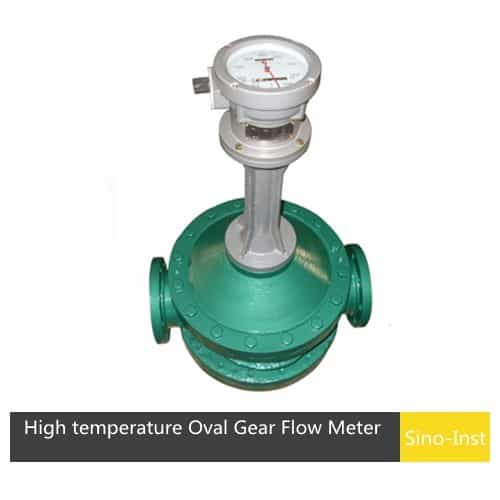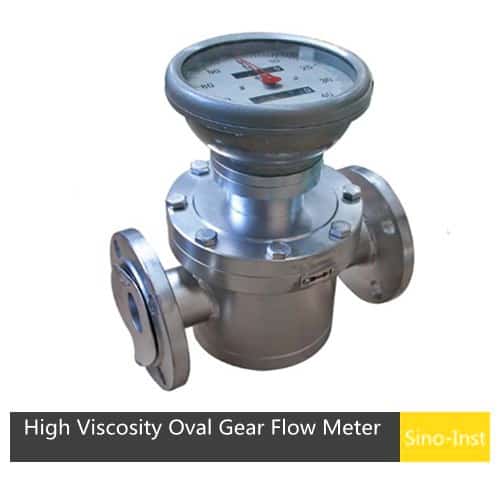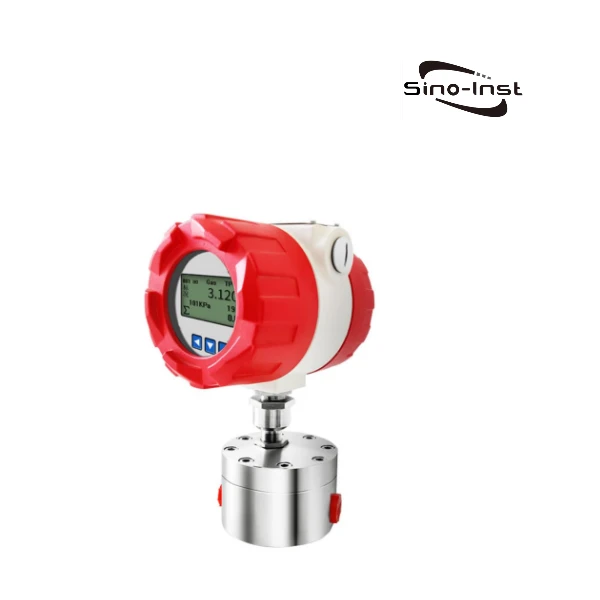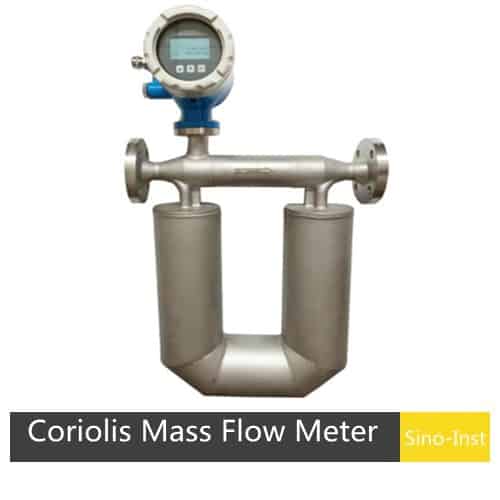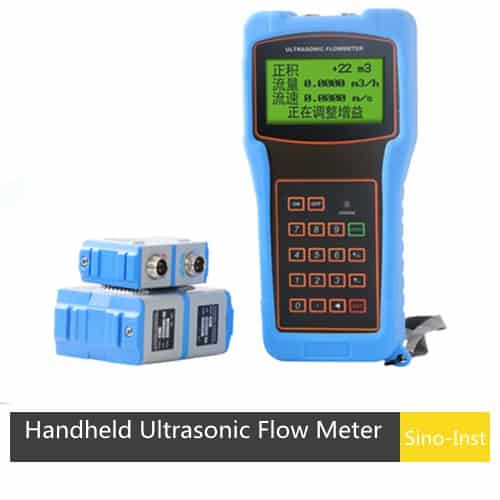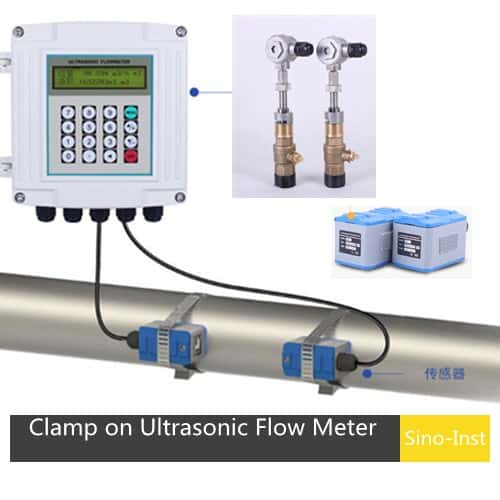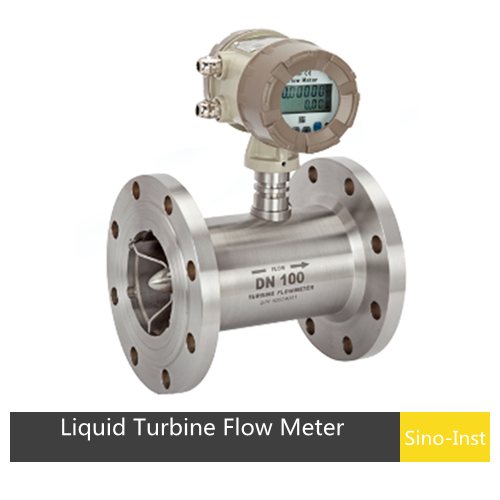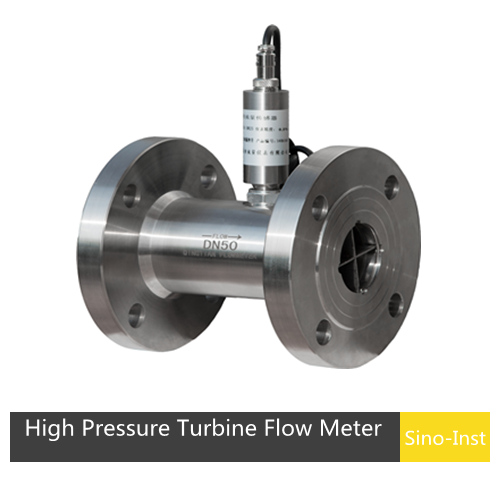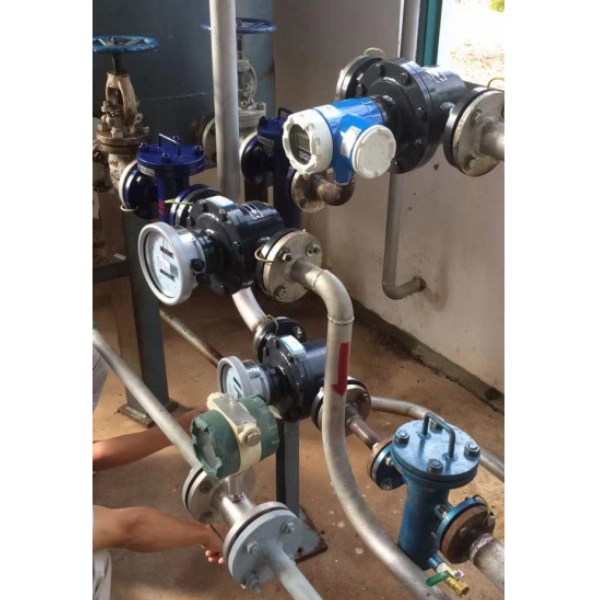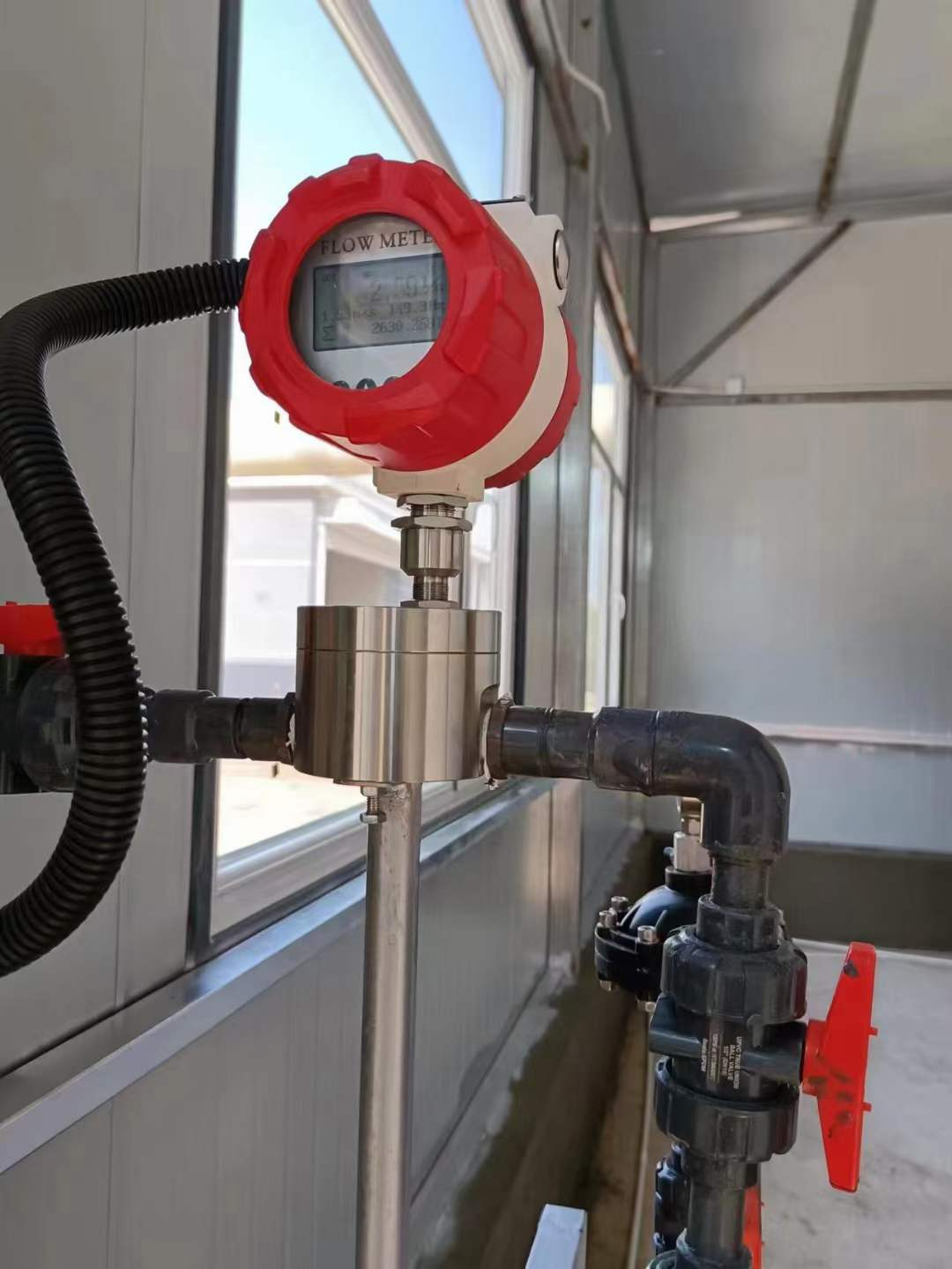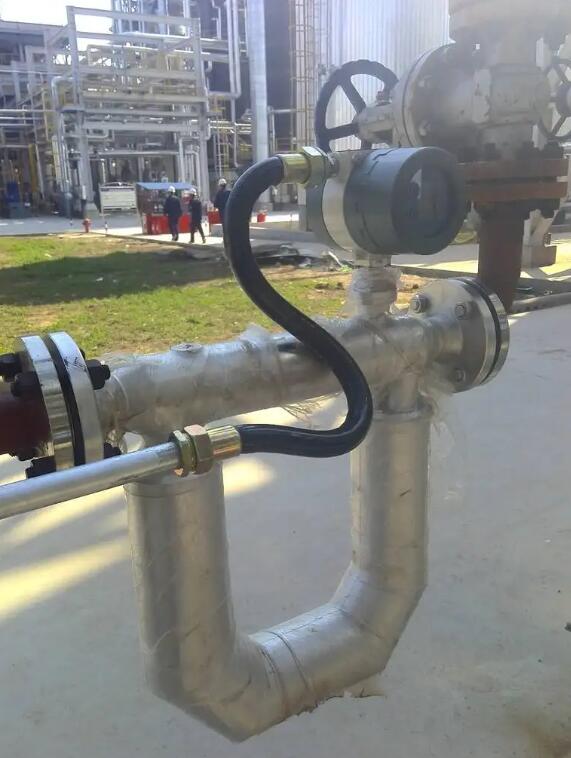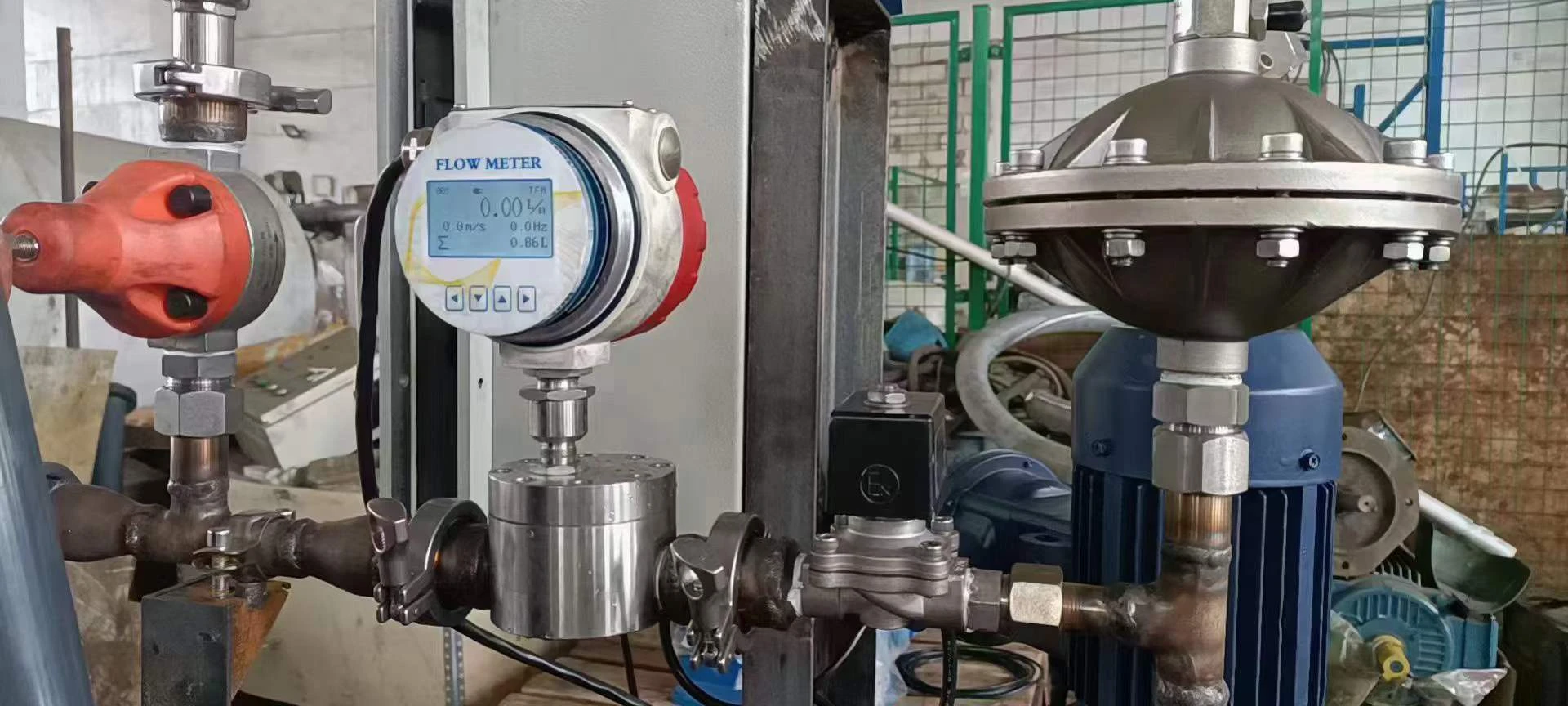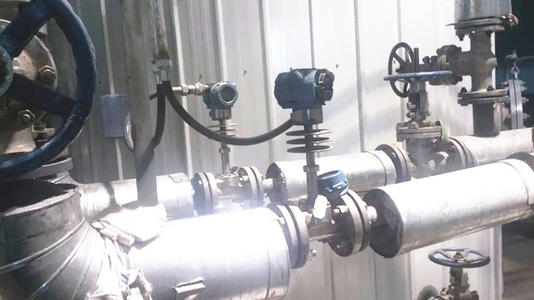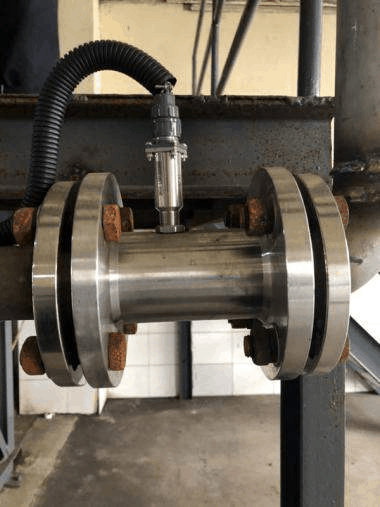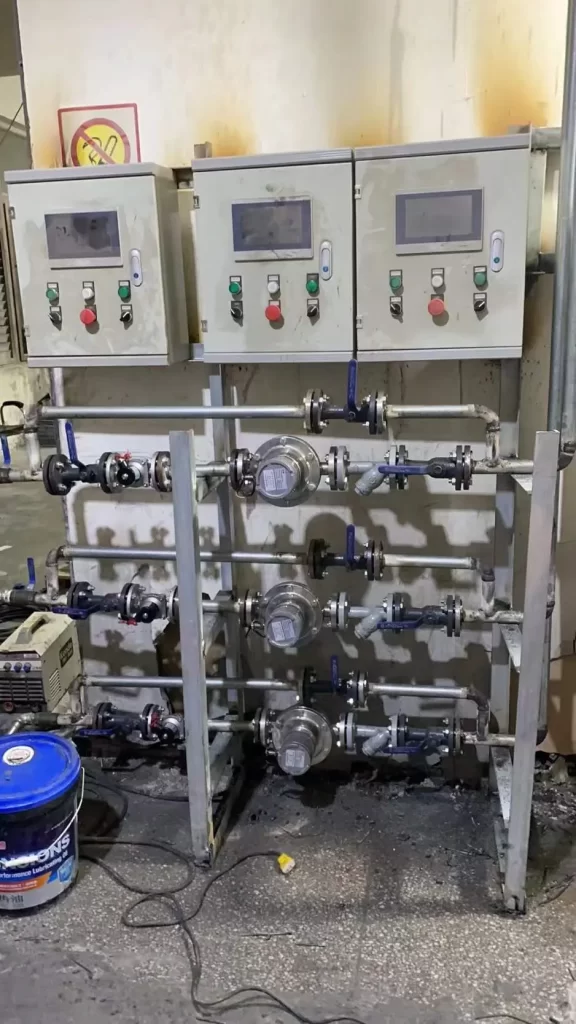
Heating oil flow meters are devices that measure the flow rate of heating oil through a pipeline. Ensuring accurate monitoring and control of fuel consumption. They are essential in various industries. Including manufacturing, energy, and transportation, where heating oil is used as a primary fuel source.
Choosing the right heating oil flow meter for your business can significantly improve your fuel management system, increase efficiency, and reduce operational costs. We will discuss essential factors to consider when selecting a heating oil flow meter and how to find the best solution to meet your specific needs.
Properties and Measurement Challenges of Heating Oil
Heating oil may appear to be a simple, homogeneous liquid, but from the perspective of precision instruments, it is a complex fluid with constantly changing properties that require careful handling. Ignoring these properties is a common cause of measurement errors and premature equipment failure.
Viscosity
The most important property of heating oil is its viscosity. As a petroleum fraction, heating oil has a viscosity much higher than water, and more importantly, it is extremely sensitive to temperature changes.
As the temperature of heating oil decreases, its viscosity increases—it becomes thicker and flows more slowly. This is not a linear relationship, but an exponential one, meaning that a small drop in temperature can lead to a significant increase in viscosity.
Temperature and Density
Temperature affects not only viscosity but also the density of heating oil. Density increases as oil temperature decreases, while volume expands and density decreases as oil temperature rises. This means that one gallon of cold oil has a greater mass (and energy) than one gallon of hot oil. Most flow meters measure volume (e.g., gallons or liters), not mass.
For metering transfers or billing, this temperature-induced density change can introduce errors. Advanced flow meters, especially Coriolis flow meters, can directly measure mass flow rate, thus completely avoiding this problem.
Some flow meters can be used with temperature sensors and flow computers to apply correction factors; this practice is called Automatic Temperature Compensation (ATC).
Particulate Impurities
Heating oil may contain small amounts of water, sediment, or sludge, which can accumulate at the bottom of the tank. These contaminants pose a serious threat to flow meters. Particulate matter can wear down or clog the precision moving parts of turbines or positive displacement flow meters, leading to catastrophic failure.
Therefore, installing a filter or screen upstream of the flow meter is not just a suggestion, but a necessary measure to protect your investment and ensure reliable operation.
Different Types of Heating Oil Flow Meters
There are several types of heating oil flow meters available, each with its advantages and drawbacks. Some of the most common types include:
There are several types of heating oil flow meters available, each with its advantages and drawbacks. Some of the most common types include:
a) Positive Displacement Flow Meters:
These meters measure the flow rate by dividing the oil into small, fixed volumes and counting the number of divisions passing through the meter. They are highly accurate and can handle a wide range of flow rates but may have higher maintenance requirements due to their mechanical nature.
b) Turbine Flow Meters:
Turbine meters measure the flow rate by using a spinning rotor that generates a frequency proportional to the flow velocity. They offer high accuracy and rapid response times but may be sensitive to fluid viscosity changes and require regular calibration.
c) Ultrasonic Flow Meters:
Ultrasonic meters use sound waves to measure the flow rate of heating oil. They are non-invasive, highly accurate, and have low maintenance requirements but can be more expensive than other options.
d) Coriolis Flow Meters:
These meters measure the mass flow rate by detecting the Coriolis effect on a vibrating tube. They are highly accurate and can measure both mass flow and density but may be more expensive and complex to install.
Key Factors to Consider When Choosing a Heating Oil Flow Meter
According to our many years of service experience, To choose the right heating oil flow meter for your business, consider the following factors:
- Accuracy: Consider the level of accuracy required for your specific application. Energy production, may demand higher accuracy levels to ensure optimal performance.
- Flow Rate Range: Select a flow meter that can handle the range of flow rates you expect to encounter in your system.
- Pipeline temperature and pressure: Special conditions such as high temperature and high pressure require customized flow meters.
- Installation and Maintenance: Choose a flow meter that is easy to install and maintain to minimize downtime and operational costs.
- Cost: Consider the initial cost, ongoing maintenance costs, and potential cost savings from increased efficiency when selecting a flow meter.
- Operating Conditions: Choose a flow meter that can withstand the temperature, pressure, and environmental conditions of your system.
Industry Applications of Heating Oil Flow Meters
Heating oil flow meters are used across various industries, including:
Energy Production: Heating oil flow meters are used in power plants to monitor and control fuel consumption, ensuring optimal performance and efficiency.
Manufacturing: Flow meters are essential in manufacturing plants that use heating oil for process heating, helping to manage fuel usage and reduce operational costs.
Transportation: In the transportation sector, flow meters are used to monitor and control fuel consumption in vehicles and vessels powered by heating oil, improving fuel efficiency and reducing emissions.
Case Studies
To illustrate the benefits of using heating oil flow meters in various industries, consider the following real-life examples and case studies:
a) Our client, A manufacturing plant, that installed a heating oil flow meter to monitor and control fuel usage saw a 15% reduction in fuel consumption, resulting in significant cost savings.
b) Our client, A power plant, that upgraded its heating oil flow meter system experienced a 10% increase in overall efficiency, leading to increased energy production and reduced emissions.
Frequently
Asked
Questions
More Oil Flow Measurement Solutions
Top 3 Flow Meters for Oil
Diesel Flow Meter – Turbine Flow Meter Solution
Oval Gear Flow Meters with Better Price | Advantages and Disadvantages
Target Flow Meter Advantages And Disadvantages and Featured Applications
Micro Flow-Ultra Low Flow Measurement
Water Flow Measurement Solution-Ultrasonic Flowmeter
Choosing the right heating oil flow meter for your business is crucial for improving fuel efficiency, reducing operational costs, and ensuring optimal performance. By considering factors such as accuracy, flow rate range, installation and maintenance requirements, and operating conditions, you can make an informed decision and select the best flow meter to meet your specific needs.
At Sino-Inst, we are an experienced manufacturer and supplier of high-quality heating oil flow meters tailored to your business requirements. Our team of experts can help you navigate the selection process and provide ongoing support to ensure you get the most out of your investment.
To learn more about our heating oil flow meter solutions and how they can benefit your business, contact us today.
-1.jpg)
